Richcession: where have all the millionaires gone?
Global wealth has dropped for the first time since 2008 – but it may not be bad news for the economy
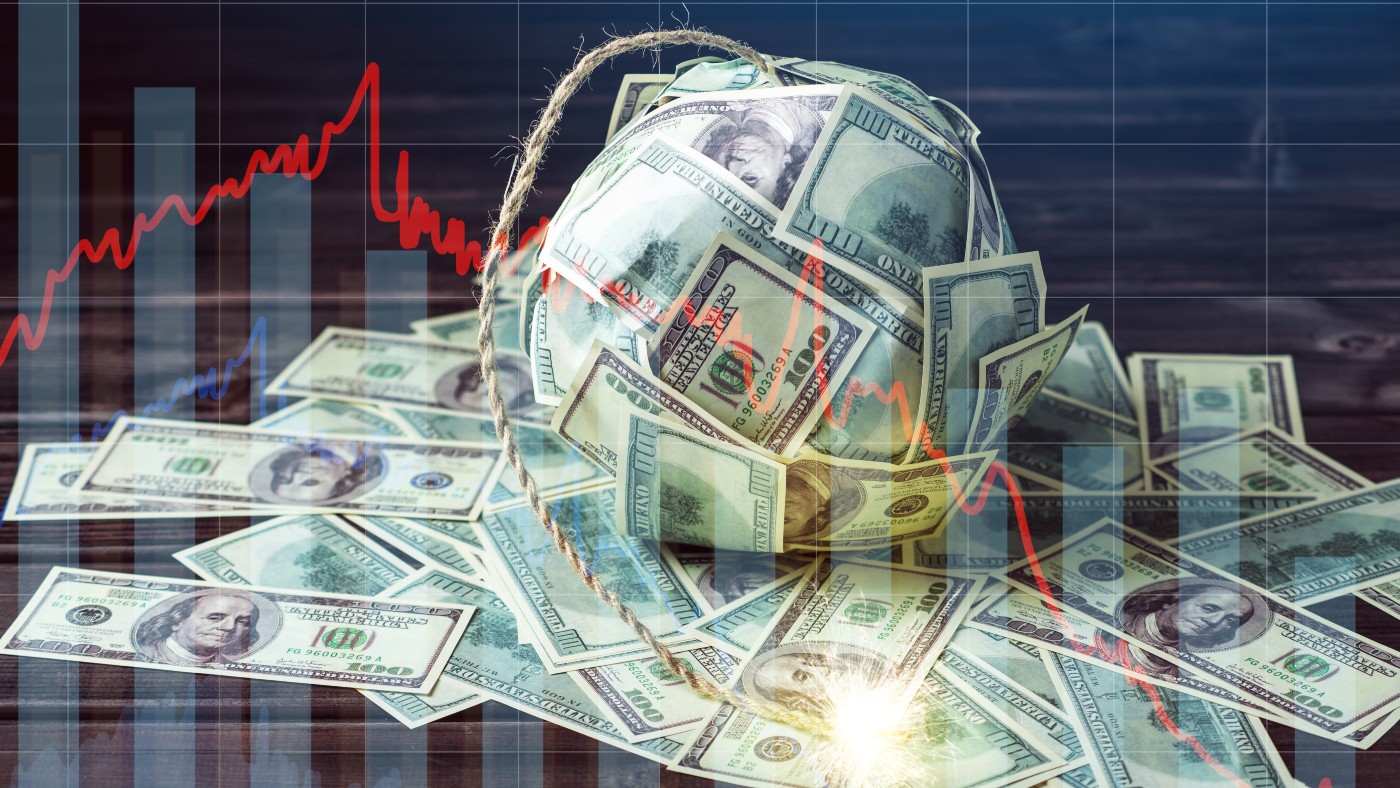
A free daily email with the biggest news stories of the day – and the best features from TheWeek.com
You are now subscribed
Your newsletter sign-up was successful
The cost-of-living crisis has hit households across the world – and a new report shows that even the very rich have not gone unscathed.
For the first time since the 2008 financial crisis, global household wealth dropped in 2022, by $11.3 trillion, according to research by financial services firm UBS. The number of millionaires fell globally by 3.5 million year-on-year to 59.4 million in total.
“Get ready for the richcession,” warned The Wall Street Journal’s Justin Lahart at the start of this year. He predicted that if the US economy came close to a recession in 2023, “it might be the well-heeled who take a bigger hit than usual”.
The Week
Escape your echo chamber. Get the facts behind the news, plus analysis from multiple perspectives.

Sign up for The Week's Free Newsletters
From our morning news briefing to a weekly Good News Newsletter, get the best of The Week delivered directly to your inbox.
From our morning news briefing to a weekly Good News Newsletter, get the best of The Week delivered directly to your inbox.
Indeed, the global wealth loss was concentrated in regions such as North America and Europe. The UK “saw its millionaire cohort fall from 2.99 million to 2.56 million”, reported The Times. The number in the US, Japan and Germany fell, but France “bucked the trend”. Nevertheless, the US is still home to the highest number of millionaires in the world.
Ultra-high-net-worth individuals, described by UBS as adults with assets over $50 million, “weren’t spared”, said Fortune. Global numbers dropped by 22,490, with the US accounting for 81% of the fall. This was described as “unusual” in the UBS Global Wealth Report. “Their waning numbers bucks a longstanding trend in which the number of people with over $50 million in assets quadrupled since the Great Financial Crisis,” explained Fortune. The drop was largely attributed to “unfavourable foreign exchange rates compared to the U.S. dollar”.
And “confirming that those hardest hit were at the top of the financial dogpile was the fact that wealth inequality also fell over the same time”, added Fortune, although the top 1% still own 44.5% of global wealth.
Separate research for Bloomberg showed that Elon Musk, the world’s richest man, lost $138 billion in 2022 – “the same year that he bought Twitter for $44 billion”, The Telegraph reported. Mark Zuckerberg, co-founder of Facebook, also took a hit to the tune of nearly $81 billion. Overall, the richest 500 people in the world lost a combined $1.4 trillion.
A free daily email with the biggest news stories of the day – and the best features from TheWeek.com
Now, more than halfway through 2023, economists are backing off from predictions of a recession in the US, but “a ‘richcession’ may better describe the current climate since the job losses to date have disproportionately affected white-collar workers”, said CNBC.
Major job cuts have been “concentrated in higher-paying industries like technology and finance”, The Associated Press reported. Big tech companies in Silicon Valley have “laid off more than 227,000 people since the start of the year”, the New York Post added, with “Wall Street giants” also cutting thousands of jobs.
Although there has been a drop-off in serious wealth in the past year, the UBS report found there were “four times as many dollar millionaires as there were at the turn of the century”, The Guardian added. And the report predicted that global wealth would rise by 38% over the next five years.
The number of ultra-high-net-worth individuals is also expected to rise by 53%, said Fortune, suggesting that last year’s fall “may be only a blip”.
Rebekah Evans joined The Week as newsletter editor in 2023 and has written on subjects ranging from Ukraine and Afghanistan to fast fashion and "brotox". She started her career at Reach plc, where she cut her teeth on news, before pivoting into personal finance at the height of the pandemic and cost-of-living crisis. Social affairs is another of her passions, and she has interviewed people from across the world and from all walks of life. Rebekah completed an NCTJ with the Press Association and has written for publications including The Guardian, The Week magazine, the Press Association and local newspapers.
-
 The best music tours to book in 2026
The best music tours to book in 2026The Week Recommends Must-see live shows to catch this year from Lily Allen to Florence + The Machine
-
 Gisèle Pelicot’s ‘extraordinarily courageous’ memoir is a ‘compelling’ read
Gisèle Pelicot’s ‘extraordinarily courageous’ memoir is a ‘compelling’ readIn the Spotlight A Hymn to Life is a ‘riveting’ account of Pelicot’s ordeal and a ‘rousing feminist manifesto’
-
 The EU’s war on fast fashion
The EU’s war on fast fashionIn the Spotlight Bloc launches investigation into Shein over sale of weapons and ‘childlike’ sex dolls, alongside efforts to tax e-commerce giants and combat textile waste
-
 Elon Musk’s starry mega-merger
Elon Musk’s starry mega-mergerTalking Point SpaceX founder is promising investors a rocket trip to the future – and a sprawling conglomerate to boot
-
 Will SpaceX, OpenAI and Anthropic make 2026 the year of mega tech listings?
Will SpaceX, OpenAI and Anthropic make 2026 the year of mega tech listings?In Depth SpaceX float may come as soon as this year, and would be the largest IPO in history
-
 Ryanair/SpaceX: could Musk really buy the airline?
Ryanair/SpaceX: could Musk really buy the airline?Talking Point Irish budget carrier has become embroiled in unlikely feud with the world’s wealthiest man
-
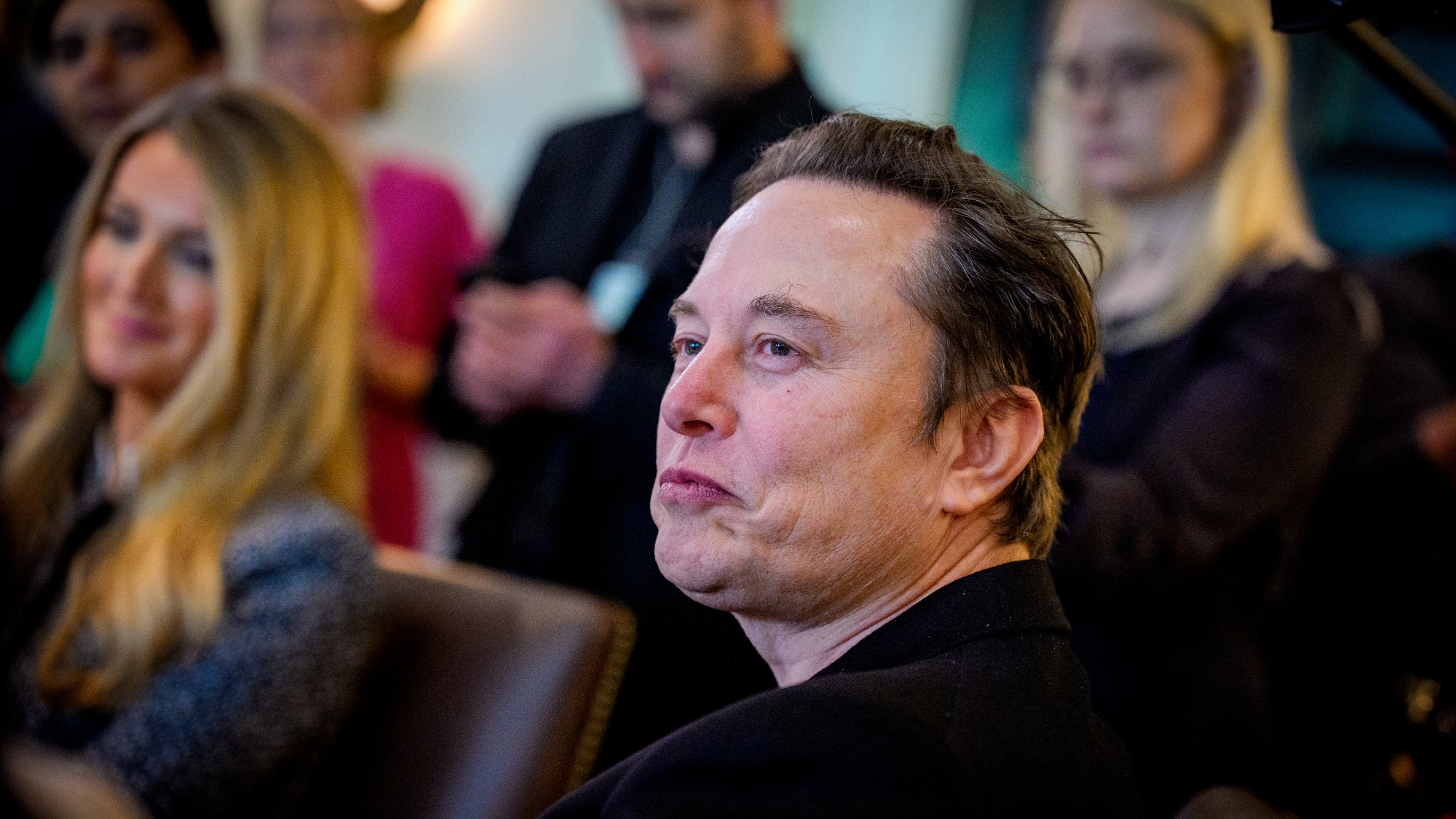 Musk wins $1 trillion Tesla pay package
Musk wins $1 trillion Tesla pay packageSpeed Read The package would expand his stake in the company to 25%
-
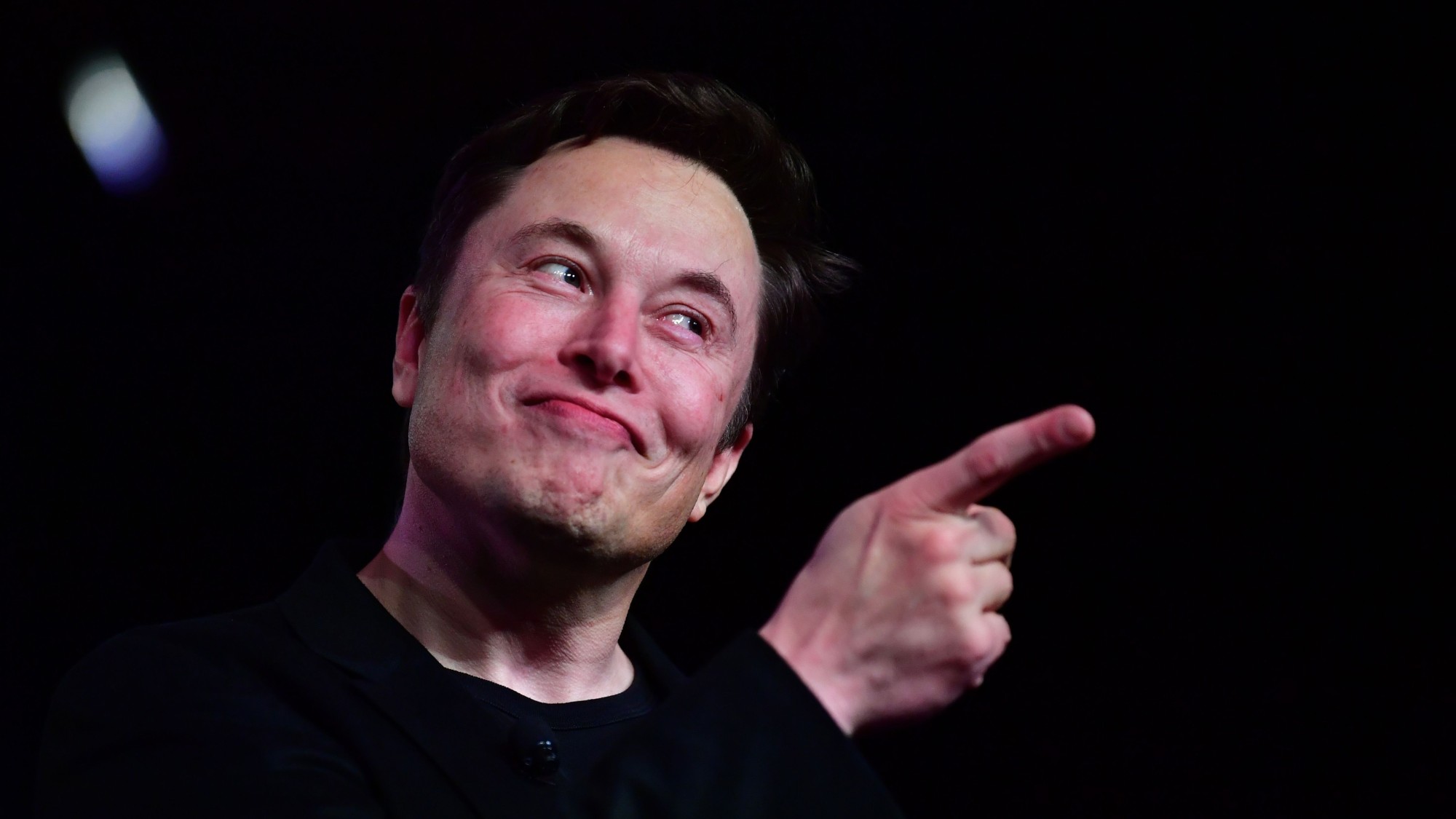 How Tesla can make Elon Musk the world’s first trillionaire
How Tesla can make Elon Musk the world’s first trillionaireIn The Spotlight The package agreed by the Tesla board outlines several key milestones over a 10-year period
-
 Why has America’s economy gone K-shaped?
Why has America’s economy gone K-shaped?Today's Big Question The rich are doing well. Everybody else is scrimping.
-
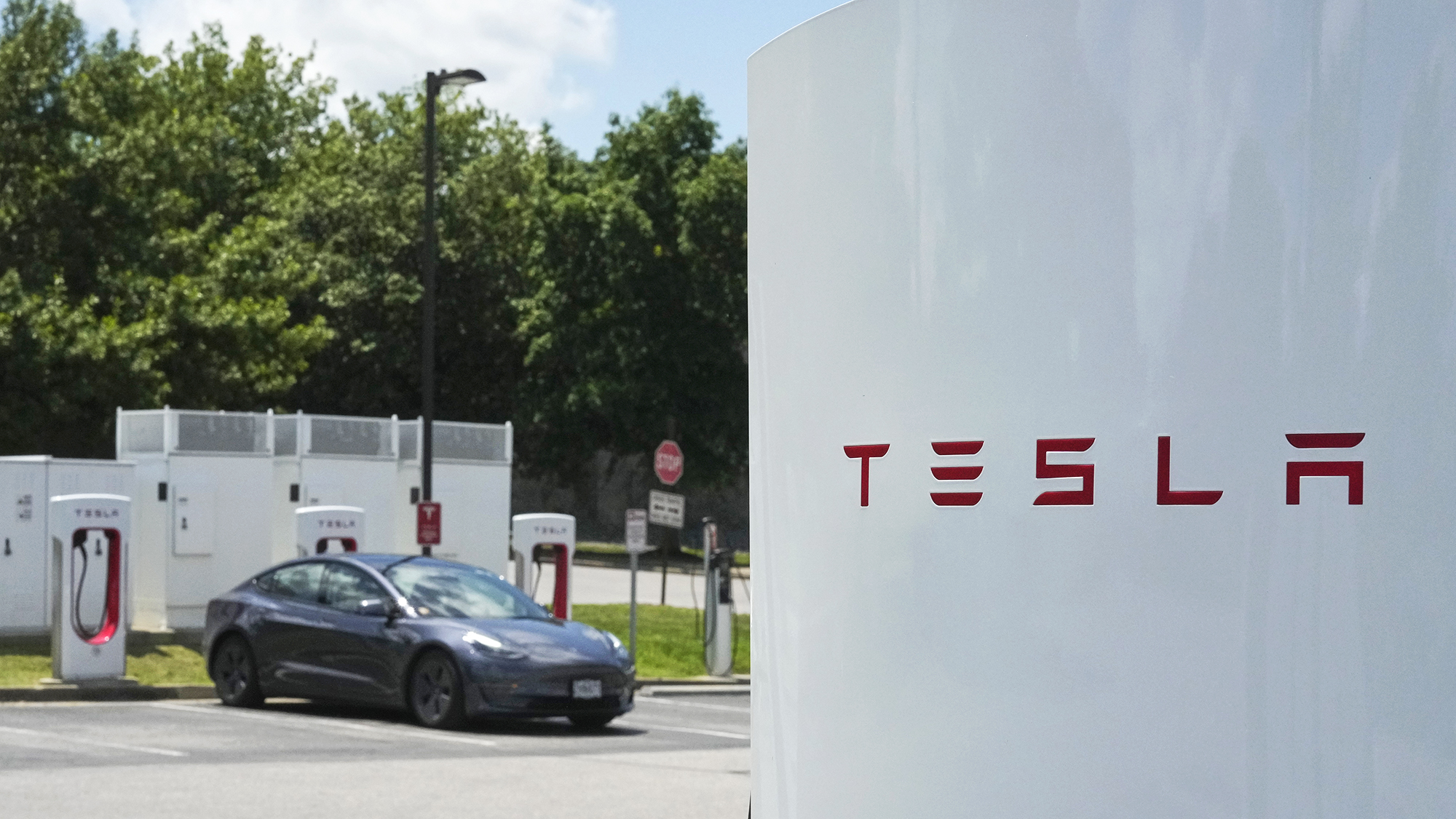 Tesla reports plummeting profits
Tesla reports plummeting profitsSpeed Read The company may soon face more problems with the expiration of federal electric vehicle tax credits
-
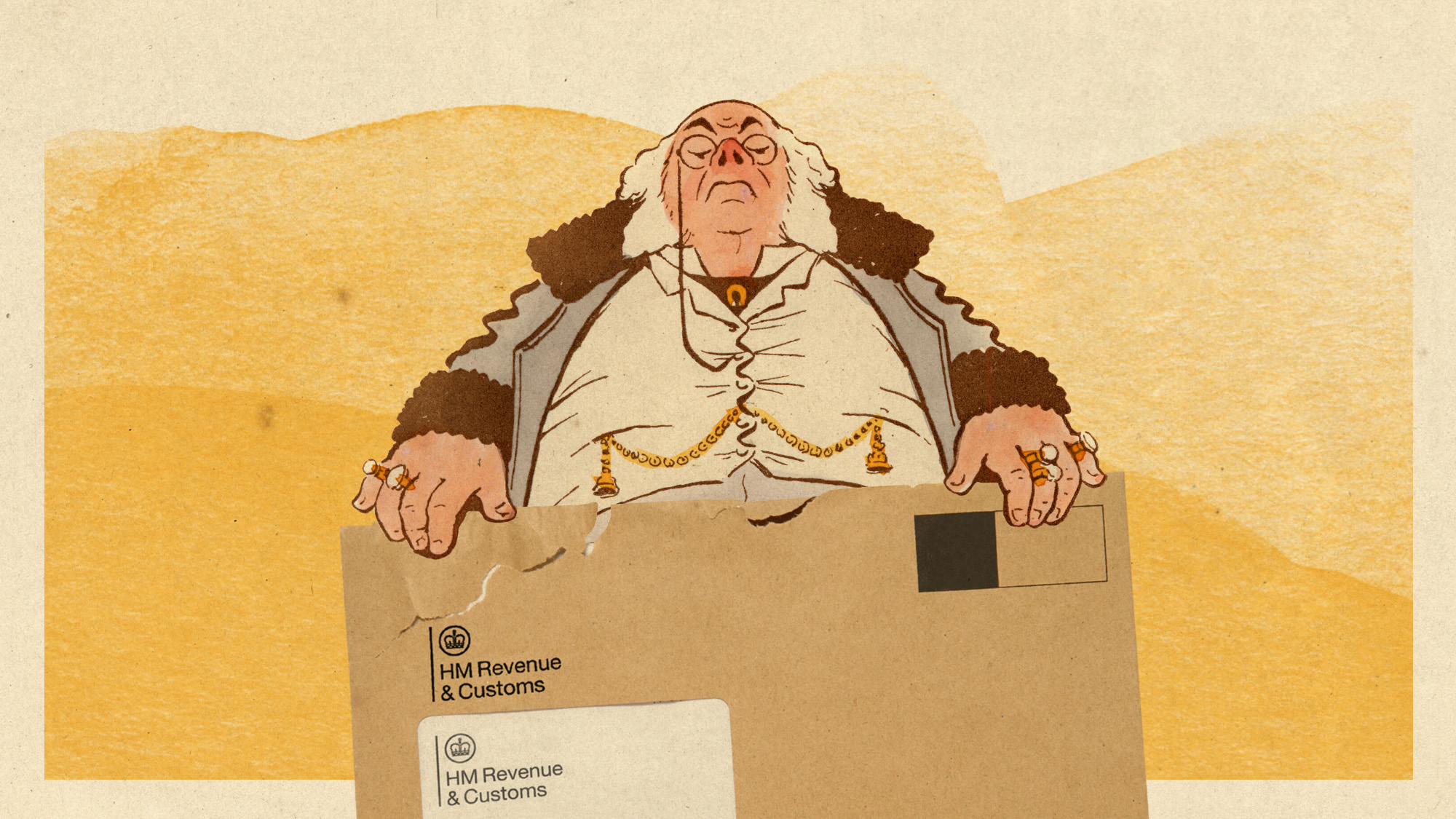 Pros and cons of a wealth tax
Pros and cons of a wealth taxPros and Cons Raising revenue and tackling inequality vs. the risk of capital flight and reduced competitiveness